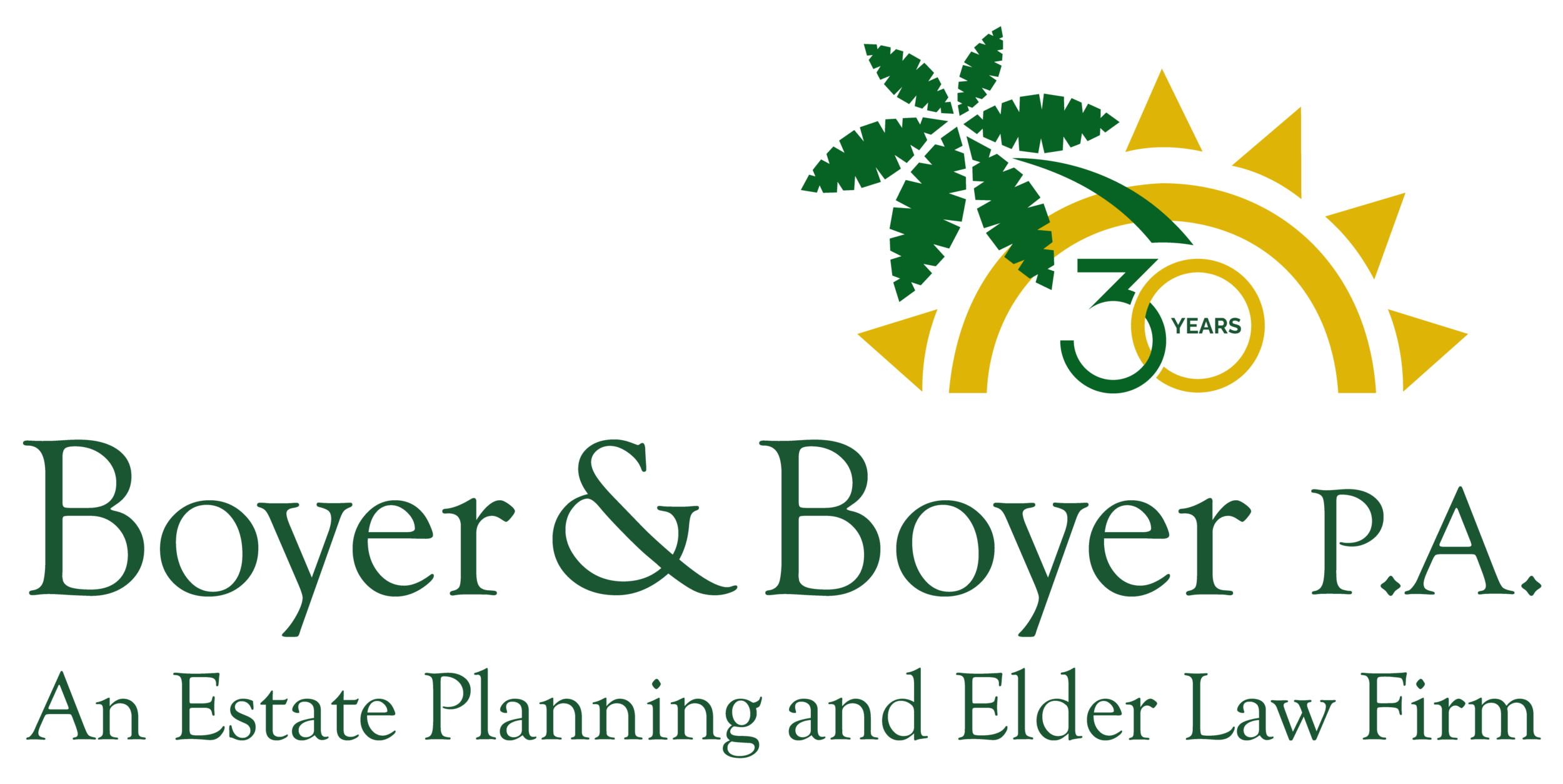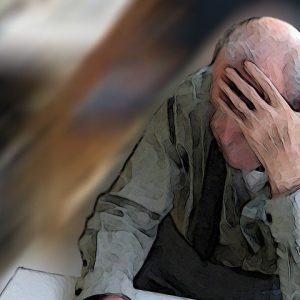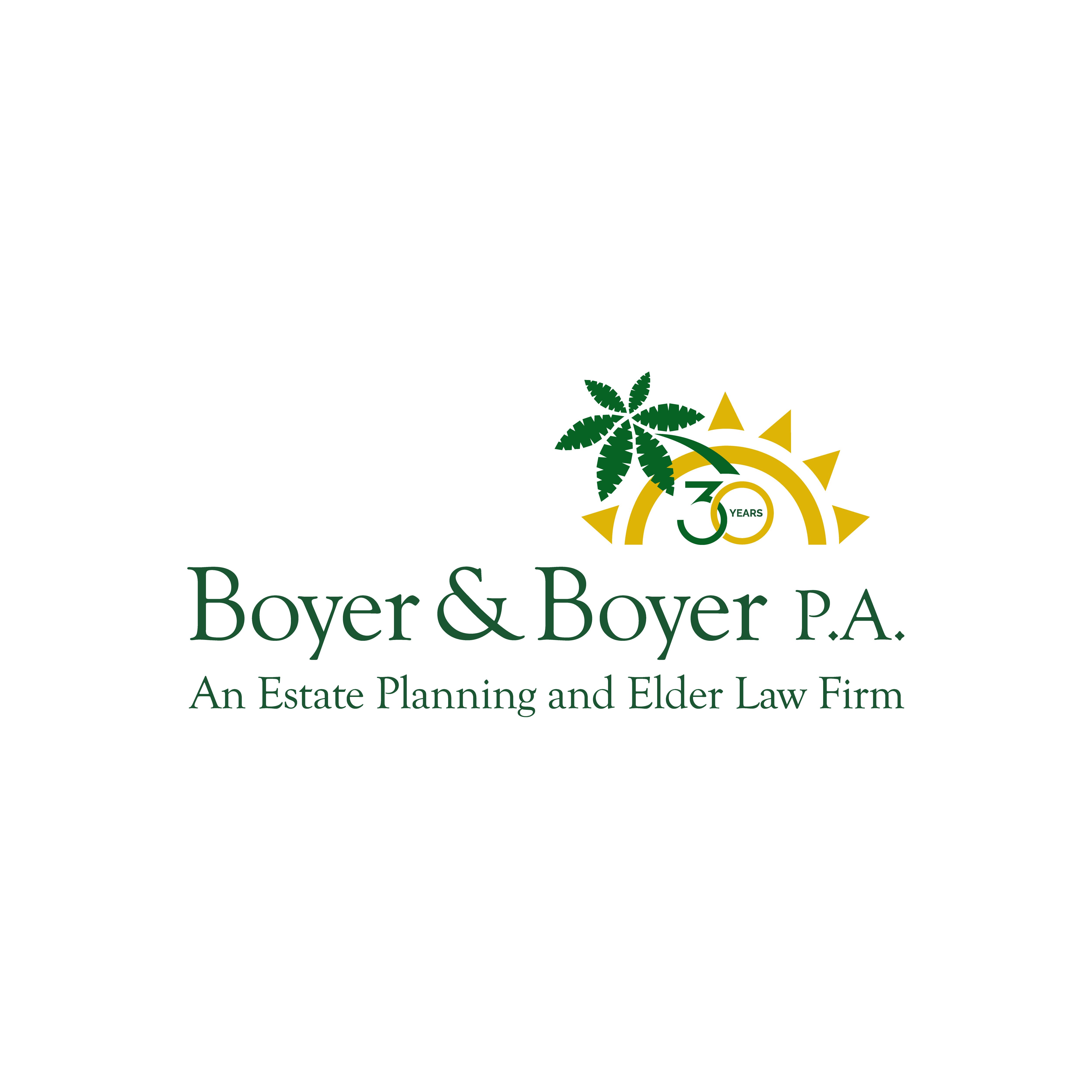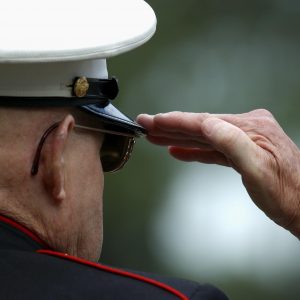Veteran’s Benefits
For those who served, and for their survivors in some cases, there are valuable benefits available to Veterans who need assistance at home at an assisted living or skilled nursing facility. This is a brief overview of some of the benefits that all veterans should know about. Keep in mind that every situation is different and you should seek information based on your circumstances to understand what, if any, benefits you may be entitled to. As your situation changes you may be eligible for a different benefit based on your reduced income or increasing health care needs.
Medical Benefits:
To receive benefits such as health care at a VA hospital or clinic, or to get prescriptions filled, the Veteran must enter the VA system. This means the veteran files a form with the Veteran’s Administration, gets a one-time physical, and once enrolled will get an identification card. Each veteran who enrolls is assigned to one of eight priority groups. Group 1 is the highest level of priority and group 8 is the lowest level of priority. At this time group 8 veterans are not eligible for enrollment as they are veterans with no service connected disabilities who have high net worth. Many Veterans enter the system for no other reason than to get the prescription benefit which can mean low cost co-pays, or for some Vets no out of pocket expenses at all based on the assigned priority group.
Nursing Home Care:
Some Veterans can receive care in a VA nursing home. Eligibility is based on a service connected disability of 70% or more to enter one of the 3 types of VA nursing homes.
– Federal VA nursing homes allow a vet to enter free of charge and with no income or assets restrictions.
– Private nursing homes that contract with the VA work under the same rules as the Federal VA nursing home but allow a vet to remain in their own community close to family and friends.
– State run VA nursing homes operate the facility under state specific requirements and depending on the state there may be a share of cost or patient responsibility for the Vet. In addition there are likely income and asset restrictions.
The VA website has a list of all Federal and State run VA homes. The private facilities contract on a 6 month basis so the information changes and it is best to check with the local VSO (Veterans Service Organization) to get an updated list if looking for a facility. This link is a good place to start: http://floridavets.org/locations/state-veterans-nursing-homes/
Extended Care Benefits:
These often overlooked benefits provide services to a vet such as respite care for a caregiver, training for a family member in how to provide care, or transportation to services outside the home. These services are provided by private vendors who contract with the VA. Again, the local VSO should have a list of providers and what services are available as this may change.
Monthly Income Benefits:
Monthly income benefits – These benefits are based on the Vet’s service record, length of time in the service, and whether or not the Veteran was disabled while in service, or after discharge. Additionally the vet must have served during a “war time period” to qualify.
Compensation Benefits – If the vet has an injury or disease that was the result of service they may receive a monthly income that the VA calls “Compensation”. This is based in part of the vet’s disability evaluation which can range from 0% to 100% in 10% increments. The higher the disability rating, the higher the disability compensation may be. This benefit is not dependent on income or assets.
Pension Benefits – If the Vet has a disability that is not service connected he or she may still qualify for benefits such as Low Income Pension, Housebound benefits, or Aid and Attendance Benefits. These benefits are most helpful as the vet ages and needs the assistance of a caregiver.
To qualify for any of the three Pension Benefits, the Vet must have service during war time for at least 90 days, must prove up income and asset information to meet program eligibility criteria, and have received a discharge other than dishonorable. The Vet must also have a disability. However those over 65 do not have to prove disability to qualify but must provide some evidence of need based on a doctor’s evaluation.
Each pension program has income and asset limits for the veteran and if married for the spouse as well. The VA looks at combined income and assets. However combined income is reduced by unreimbursed medical expenses, which for many, make the income less of an issue for qualification purposes than meeting the asset limit. All combined assets are countable except the home, the home furnishing and a car. While Medicaid rules regarding assets are non-wavering, the VA looks to see if the Vet has “sufficient means” to pay for their care. The general number is around $80,000 but can be lower or higher based on the age of the Vet and his or her needs at time of application.
Here are some links that will provide more information on the programs above.
Florida Department of Veteran’s Affairs
The National Association of Veteran’s State Nursing Homes
Frequently Asked Questions
What are the dates the VA uses to determine if the vet served during “war time”?
*World War I
*World War II: December 7, 1941 – December 31, 1946
*Korean War: June 27, 1950 – January 31, 1955
*Vietnam War: August 5, 1964 (February 28, 1961 for veterans who served “in country” before August 6, 1964) – May 7, 1975
*Gulf War: August 2, 1990 – Date set by law or Presidential Proclamation
Can a spouse get benefits?
Yes, through a surviving Veteran spouse or a widow or widower of a Vet can get benefits if they were married to the Veteran for at least a year prior to death and the Veteran would have been eligible for benefits under the program. However, if they remarry a non-Veteran they will lose any prior benefits they may have been entitled to.
Can I spend-down to qualify for a benefit?
Yes, however gifting money within the 3 years prior to the application may incur a penalty. You should get legal advice before doing any gifting to understand the consequences.
Do I have to be in an assisted living facility to get Aid and Attendance benefits?
No, many Vets use the funds to pay a caregiver or professional care provider to provide the help they need while at home.
Who can help me qualify for a benefit?
You can get assistance from the local Veteran Service Office or from an attorney accredited by the VA. Other organizations will also assist but be aware that it is against Federal law to charge a Veteran for helping him or her qualify for a VA benefit.
How long does it take to get approved for benefits?
Depending on the benefit, and assuming the application is fully prepared with all necessary documentation, it can take from 1 to 6 months to get approved. However, benefits are paid retroactive to month of approval. Some applications can be expedited based on the applicant’s circumstances.
If I move from assisted living to a nursing home will my benefit change?
It depends on the circumstance. If the vet is single and moves into skilled nursing, his or her benefit will reduce to $90.00. However, if the vet has a spouse who needs the money to cover non-reimbursed medical expenses it may continue.
What documentation does the VA require?
The veteran’s DD214, proof of all income sources, proof of assets, and proof to back up the medical need for services. If the application is for service connected compensation this means medical records that prove a connection between the service and the illness or disability. If non-service connected then the Veteran must provide a medical form signed by his or her physician attesting that he or she needs the assistance of another and a “protected environment”.
How does the VA determine how much my pension will be?
The VA calculates your pension amount by determining your countable income (less any unreimbursed medical expenses) and subtracting it from the maximum annual pension rate established by law. The difference becomes your pension paid out to you in monthly increments.
What does the VA consider an unreimbursed medical expense?
The VA considers co-pays for doctor visits, prescription co-pays, prescription glasses, Medicare premium deductibles, health insurance premiums, transportation costs to doctor’s offices, therapy, and most importantly the cost of care providers to include the cost of an assisted living, or skilled nursing facility.
What is a VA Accredited Attorney?
An attorney accredited by the VA has taken a VA Benefits Accreditation Course and must complete additional training thereafter to maintain their VA accreditation. The application for accreditation is reviewed by the Office of General Counsel before approval. Although accredited, as previously mentioned, no organization, nor individual, including attorneys, can charge for preparing and presenting a claim for benefits. However, if an applicant is denied or approved for a lower benefit then an attorney may charge to represent the applicant in an appeal.
What advantage is there to seeing a VA accredited attorney?
A VA accredited attorney is likely to be aware of not only VA benefits, but other public benefits that the client might be eligible for such as Medicaid (which can piggy-back with VA Aid and Attendance in some cases). In addition, while both government programs they operate under different rules and qualifying for one might disqualify the veteran for another. A VA accredited attorney can help the veteran create a plan to maximize any available benefits and do the supporting estate planning work as needed.




